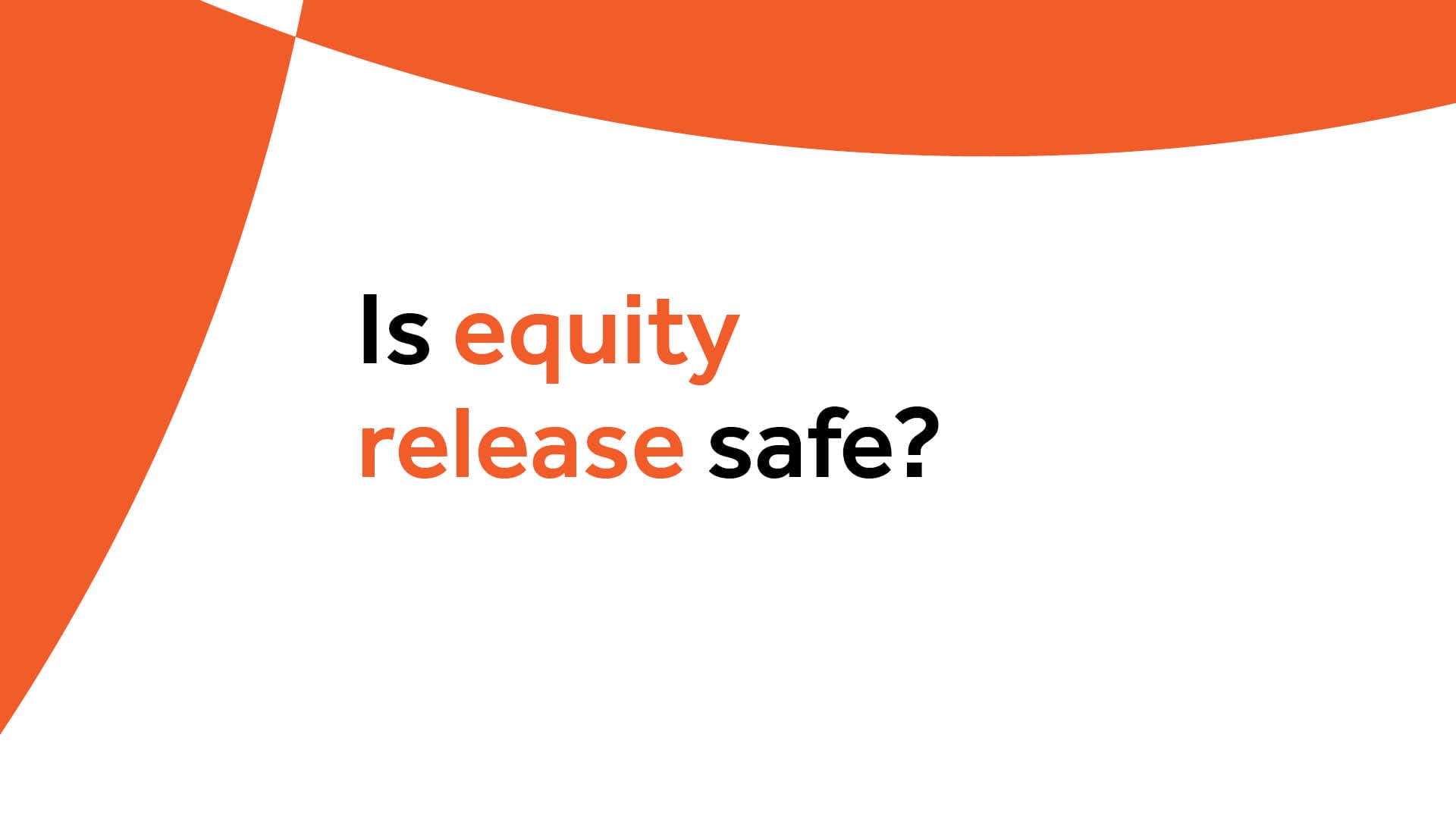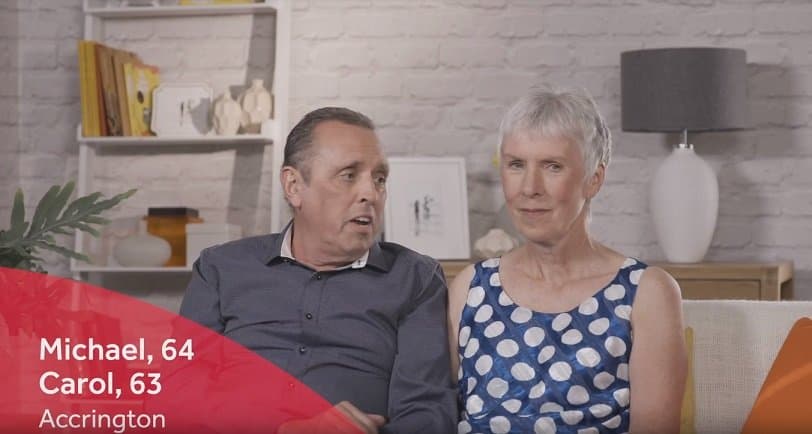We use some essential cookies to make our website work properly.
We’d also like to set additional cookies to help us improve our website, tailor marketing and provide a more personal experience.
The money you unlock through equity release is tax-free. You can use it in several ways, such as:
Repay your existing mortgage
Support your loved ones
Boost your retirement finances
Make home improvements
Releasing equity from your home could help you live the later life you want. See how much you could release tax-free with Key's award-winning equity release service
Learn more about the pros and cons of equity release and see if it could be right for you.
Our equity release advice relates to lifetime mortgages only - loans secured against your home.
You can only release equity through a qualified equity release adviser, who'll make sure:
You only borrow what you need
You understand how the product works
It's right for you - if it's not they'll tell you
With lifetime mortgages we recommend, you could access the funds you need now and still own your home. There are typically no monthly repayments to make, unless you choose to do so. The loan, plus compound interest, is usually repaid through the sale of your property. This is generally when the last remaining applicant passes away or moves into long-term care.
You have two options when it comes to releasing your funds with a lifetime mortgage: a lump sum or a drawdown. You can find out more in our lump sum vs drawdown guide.
In 2023, Key customers could release an average of £78,334 from their homes (Key Market Monitor, 2023).
You'll need to release at least £10,000
The older you or your partner are, the more money you may be able to release (based on the age of the youngest applicant)
The amount of equity you could release is based on your age, health, lifestyle and property's value. Our free calculator shows how much you could release.
All plans we recommend meet the Equity Release Council standards, so you'll:
Never owe more than your home's value
Have the right to move home, subject to criteria
Have the right to stay in your home for life

Watch our video to find out about the safeguards and protections the lifetime mortgages we recommend come with.
Find out more in our "is equity release safe" guide.
Yes, equity release is regulated.
Our equity release advisers also have specialist qualifications, putting you in safe hands.
Lifetime mortgage interest rates vary depending on your plan and circumstances. They're fixed for the life of the equity release plan.
AER stands for Annual Equivalent Rate. It shows what the interest rate would be if the interest compounded each year.
APR stands for Annual Percentage Rate. It's the cost you pay each year to borrow money, including fees, expressed as a percentage.
Our equity release UK calculator will give you an idea of how much you could release. Your equity release adviser can give more information on interest rates.
Calculate nowYou should consider early repayment charges
A lifetime mortgage is a lifetime commitment. Repaying early may mean having to pay early repayment charges. These charges are fixed on the equity release plans we recommend so you know exactly what to expect.
You have the option to repay early
We recommend equity release plans with flexible features which give you the option to make voluntary, ad-hoc payments. This is between 10-12% of the initial amount that you borrowed each year. This reduces the size of the loan on which you're charged interest. Making repayments means you'll repay less overall.
Speak to your equity release adviser
Your adviser can explain how early repayments work. They can help you to make informed decisions on what's right for you at the time.
Equity release isn't right for everyone. We've helped over a million people see if equity release was right for them. If it isn't right for you, we’ll tell you. In the meantime, you can read our useful guide if you’re wondering whether equity release is right for you.
To take out an equity release plan through Key, you must be a UK homeowner:
Aged 55+ (including all joint applicants)
With a property worth £70,000+
Find out if you could release more funds with your current plan. You could switch to a different one which may suit your needs better. Your equity release adviser will check if early repayment charges will apply.
If you're looking to switch to us or want to discuss your existing equity release plan, we're here to help.
Existing Key customer
Call us on 0808 252 9170 to talk about your plan
Switch to Key
Call us on 0808 252 9170 to switch to Key
Lines open Mon-Thursday 9am-8pm, Friday 9am-5pm, and Saturday 9am-1pm.
Your other options with Key
If another product is more suitable, we'll refer you to a different adviser within Key Group to help. if you go ahead, you'll never be charged more than our standard fixed advice fee of £1,699, even if their fee is higher. Key Group offers alternatives to equity release such as a retirement interest-only mortgage or retirement repayment mortgage.
Other options to think about
It's important to know your other options before going ahead with equity release. These include: downsizing, unsecured lending, using existing assets, or support from friends or family.
Not eligible for an equity release mortgage?
If you're not eligible now, try our later life mortgage finder. We could still help you take control of your later life finances.
There are different types of equity release which help thousands of UK homeowners take control of their retirement finances.
For more information on your retirement options, read our free, comprehensive guide today.
Key is a specialist, award-winning equity release provider for the over 55s. We could help turn your property wealth into a way to fund your retirement. We research all later life mortgage options and provide trusted, expert advice that's personal to you.

Don't just take our word for it - see what our customers are saying...
Michael & Carol, 64 & 63 - approaching retirement
"All the worries and the stresses have gone now. We can just look forward to having a nice relaxing retirement…We’re planning to go away on a couple of cruises."
We're here to help you
Our friendly equity release team is available: Mon-Thurs 9am-8pm, Fri 9am-5pm, Sat 9am-1pm, Sun closed.
Call free on 0808 252 9170 or book a call and we'll get in touch with you.